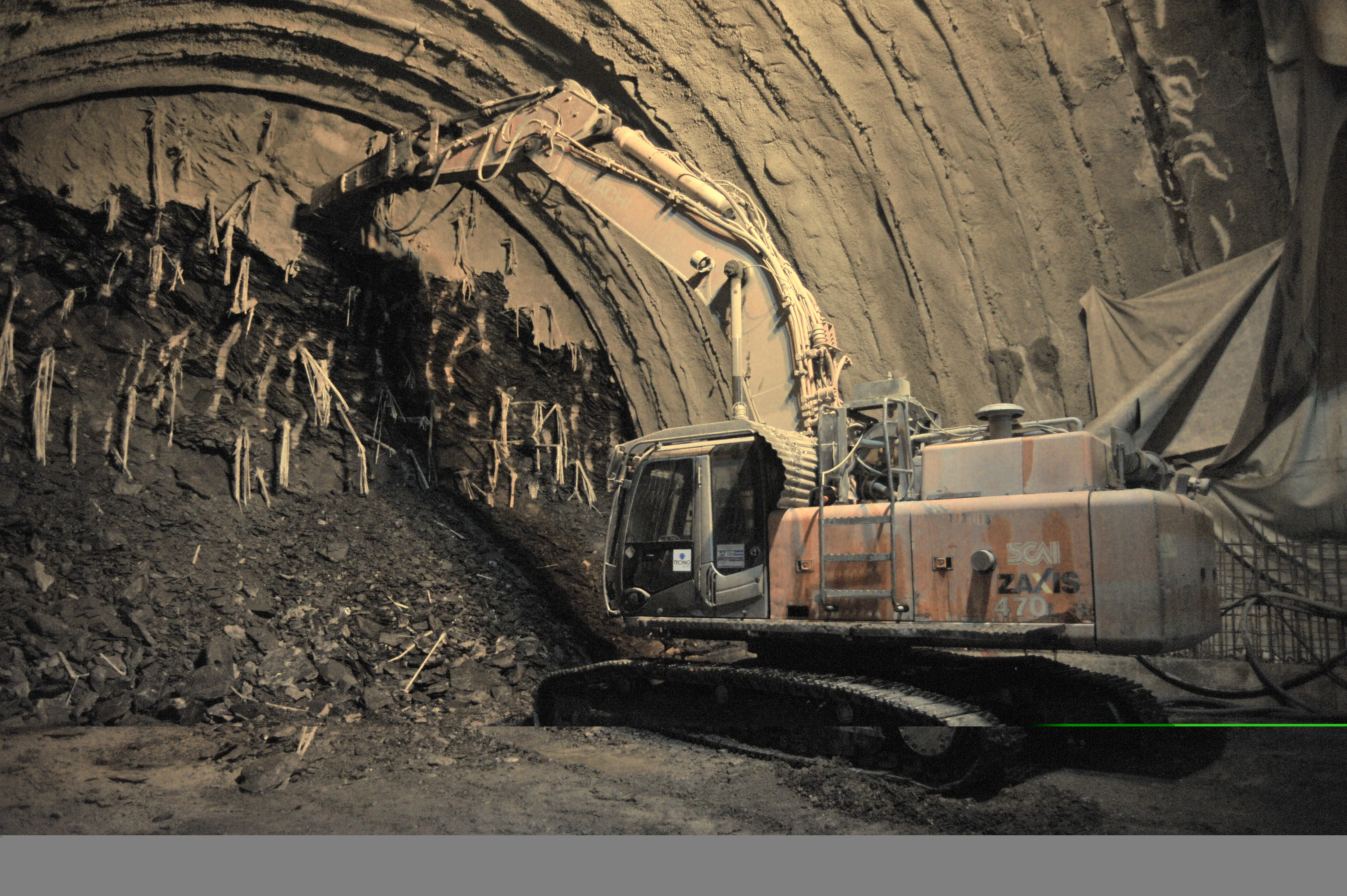His political legacy is well known. Chirac was prime minister of France from 1974 to 1976 and again from 1986 to 1988, mayor of Paris from 1977 to 1995 and finally president from 1995 to 2007. But his political reputation ended under a cloud following his suspended sentence on corruption charges.
Perhaps less well widely known however is that Chirac had a tremendously beneficial effect on road safety in France. Chirac was injured in a road crash in 1978 and that inspired him to institute a tough line on enforcement of laws against drinking and driving and speeding in particular. French laws had previously been lax on these, with the result that the country’s annual road casualty rate was shockingly high. Chirac’s tough line on road safety started in 2002, resulting in the French police cracking down hard on drinking and driving and speeding. The result was that France’s annual road casualty rate fell dramatically and has remained much lower ever since.
It is worth noting that that there are many French people today living healthy lives, who perhaps would not have been but for Chirac’s actions. No other European politician has ever saved so many people from death or injury on the roads. Perhaps this was not the legacy Chirac set out to achieve when he entered politics, but it is one that deserves much credit.
Former French president, Jacques Chirac, dies
The news that former French president, Jacques Chirac, has died aged 86 should be of note for those in the road safety sector.
His political legacy is well known. Chirac was prime minister of France from 1974 to 1976 and again from 1986 to 1988, mayor of Paris from 1977 to 1995 and finally president from 1995 to 2007. But his political reputation ended under a cloud following his suspended sentence on corruption charges.
Perhaps less well widely known however is that Chirac had a tremendously beneficial e
September 26, 2019
Read time: 2 mins
The news that former French president, Jacques Chirac, has died aged 86 should be of note for those in the road safety sector.






